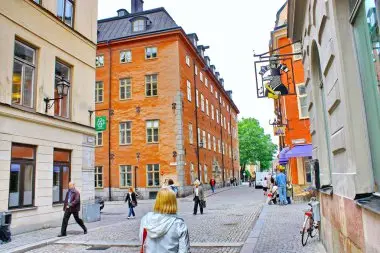Anti-immigrant rhetoric in Sweden: what changes to expect

Since 2012, Sweden has received more than 770,000 immigrants from outside the European Union and the European Economic Area. Currently, the Swedish authorities have expressed their intention to complicate the process of providing social benefits to non-European migrants in order to control migration processes. In addition, the Swedish government plans to impose restrictions on social benefits for non-European immigrants, such as child benefits, housing, unemployment, sickness and parental leave. The payment of such benefits may be delayed indefinitely.
These intentions were announced by the leaders of the three coalition parties, along with the far-right Sweden Democrats, in an op-ed in the Danish newspaper Dagens Nyheter.
The authors of the column identify the shortcomings of the integration policy, which does not impose any requirements on immigrants and does not encourage their integration into society. This is considered the main reason for the split in Swedish society.
Coalition leaders point to problems such as segregation, social exclusion, unemployment, poor school performance and a lack of shared Swedish values among non-European migrants. They emphasize the need for immediate reforms. This includes requiring non-European immigrants to learn Swedish and seek employment in Sweden's highly skilled labor market.
It is worth noting that anti-immigrant rhetoric in the country intensified last year, when the far-right Sweden Democrats party won first place in the elections and was included in the government without its direct participation.









